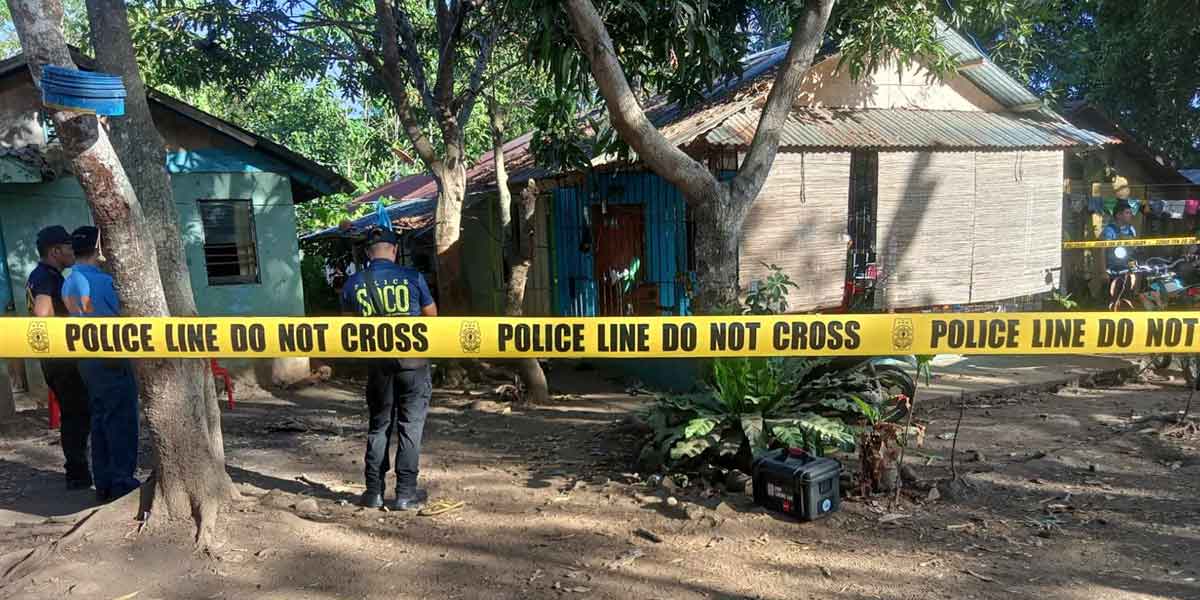By Artchil B. Fernandez
Jeepney strike was launched last week by public transport groups on the modernization plan of the public transportation sector. The modernization plan was hatched by the previous administration. In 2017 the Department of Transportation (DOTr) issued its omnibus franchising guidelines which provide that only corporations or cooperatives with at least 15 vehicles would be allowed to apply for new route franchises.
Modernization is suspect in the field of sociology. The discipline was born as a reaction to modernity or modernization. Durkheim, Marx and Weber, the founding fathers of sociology developed their sociological perspectives as response to modernity and modernization particularly its dark side.
In the age of colonization, modernization has taken a sinister turn. Imperial powers in Europe used modernization as an excuse to colonize, enslave and exploit the peoples of central and Latin America, the Caribbean, Africa and Asia. Horrific atrocities, whole scale massacres and mass exterminations, and a host of brutalities were committed in the name of modernization. Civilizing/modernizing the Global South was used by the Global North to justify colonization, domination and oppression. The United States snuffed out the First Philippine Republic in the name of bringing the blessings of civilization i.e. modernization to the archipelago.
Given the sordid history of modernization, it is not surprising that jeepney operators and drivers are up in arms against the planned modernization of public transportation in the country. It is the dark side of the program that they are protesting.
Operators and drivers of jeepneys have gone on record that they are not totally against the modernization of the public transport sector. What they are opposing is the haphazard, top-down and hasty implementation of the plan.
UP Los Baños professor Teodoro Mendoza pointed out the “blindside” of the Public Utility Vehicle Modernization Program (PUVMP). The two main blindsides of the PUVMP according to Mendoza are: higher cost of modern jeepneys and possible jeepney fare hike to cover the costs of acquiring modern jeepney units.
The cost of a traditional jeepney is between 200,000 to 600,000 pesos while a modern one that is either run by electricity or environment-friendly fuel is 2.4 to 2.6 million pesos. Rehabilitating a traditional jeepney to meet the Department of Transportation (DOTr) guidelines cost 900,000 pesos.
Another problematic area is the order of the government to jeepney operators and drivers to form corporations or cooperatives. To organize a cooperative as mandated by the government jeepney operators must raise 300,000 pesos in paid-up capital the Office of Transportation Cooperatives (OTC) estimates. In addition, the OTC said they have to spend between 20,000 to 30,000 pesos each to comply with other requirements. Overall, the OTC revealed that a cooperative with a minimum 15 members need to produce 750,000 pesos.
Jeepney operators and drivers fear the stiff financial requirement of the jeepney modernization program will bury them in debt. The vast majority of drivers are living in a hand-to-mouth existence making it extremely difficult and punishing for them to comply. The current jeepney modernization program of the government is a pogrom with the intended or unintended consequence of wiping jeepney drivers out of existence.
Dindo Rosales of Alyansa Kontra PUV Phaseout summed up the resistance of jeepney drivers to the program. “We are against this deadly modernization program that promotes loans” adding that drivers “don’t want themselves to be buried in debt.”
Piston national president Mody Floranda disclosed that the estimated daily income of jeepney drivers who are on boundary arrangements with individual operators is “P500 from over 12 hours of plying highly congested roads. The P500 is from the P2,500 to P3,000 daily gross income of the small operator. Expenses for fuel and maintenance will also be deducted from the gross income.”
Given the dire living condition of jeepney drivers and operators (particularly the small ones), the messy implementation of the jeeepney modernization program is harsh and cruel. Instead of improving their lives, the current plan will only exacerbate their misery and further bury them in the quagmire of poverty.
The promise of jeepney modernization program has a nice ring. Who is opposed to a jeepney with a GNSS receiver, free Wi-Fi, CCTV with continuous recording of past 72 hours of operations, and automatic fare collection system in highly urbanized cities? Who does not want to travel in air conditioned mini-bus? A public transportation system similar to Singapore is always a dream. However, these modern innovations and amenities should not come at the expense of the poorest sections of the population.
Modernity and modernization have blessing and curse. It is tragic that in many instances the marginalized sectors that are made to pay for the promised blessings of modernization and are sacrificed at its altar. Those in the margins of society are always the ones who bear the brunt and curse of modernization. It is high time sacrificing their lives and future to pave the way for modernity and modernization to end.
The concerns and fears of jeepney drivers and operators should be properly addressed before the PUVMP can proceed. At stake are the lives and future of 100,000 drivers and operators in the country and their families. Care must be taken that they do not become casualties or collateral damage of modernity and modernization similar to fate of peoples in the Global South during the Age of Exploration and Colonialism.
A new path to modernity/modernization must be forged. It is a path where the marginalized sectors enjoy its blessings rather than reap its curse.





















